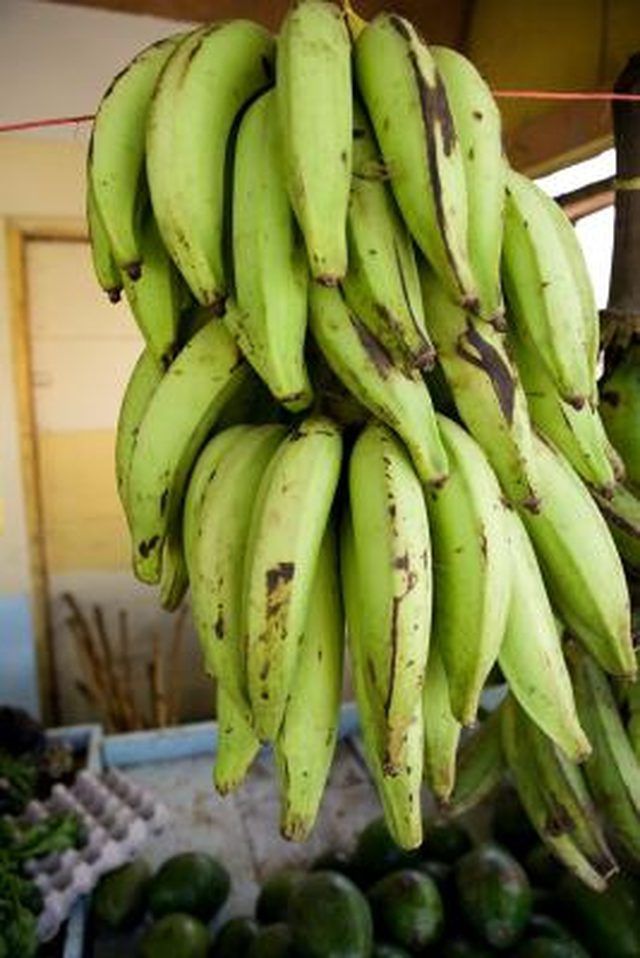Bulbs
Flower Basics
Flower Beds & Specialty Gardens
Flower Garden
Garden Furniture
Garden Gnomes
Garden Seeds
Garden Sheds
Garden Statues
Garden Tools & Supplies
Gardening Basics
Green & Organic
Groundcovers & Vines
Growing Annuals
Growing Basil
Growing Beans
Growing Berries
Growing Blueberries
Growing Cactus
Growing Corn
Growing Cotton
Growing Edibles
Growing Flowers
Growing Garlic
Growing Grapes
Growing Grass
Growing Herbs
Growing Jasmine
Growing Mint
Growing Mushrooms
Orchids
Growing Peanuts
Growing Perennials
Growing Plants
Growing Rosemary
Growing Roses
Growing Strawberries
Growing Sunflowers
Growing Thyme
Growing Tomatoes
Growing Tulips
Growing Vegetables
Herb Basics
Herb Garden
Indoor Growing
Landscaping Basics
Landscaping Patios
Landscaping Plants
Landscaping Shrubs
Landscaping Trees
Landscaping Walks & Pathways
Lawn Basics
Lawn Maintenance
Lawn Mowers
Lawn Ornaments
Lawn Planting
Lawn Tools
Outdoor Growing
Overall Landscape Planning
Pests, Weeds & Problems
Plant Basics
Rock Garden
Rose Garden
Shrubs
Soil
Specialty Gardens
Trees
Vegetable Garden
Yard Maintenance
What's the Origin of Plantain?
What's the Origin of Plantain?. The plantain is a fruit that resembles a large banana. Though the stories have varied somewhat, this fruit is thought to have been discovered as early as 327 B.C. Regardless of its origin, the plantain was a popular trade food many years ago.

The plantain is a fruit that resembles a large banana. Though the stories have varied somewhat, this fruit is thought to have been discovered as early as 327 B.C. Regardless of its origin, the plantain was a popular trade food many years ago.
327 B.C. Europe
It's believed that Alexander the Great discovered this fruit in 327 B.C. and brought it to Europe. Plantains traveled to Madagascar from India and Malaysia through Asian and Arab trade. This fruit was popular during the Trans-Saharan trade boom.
1500 A.D. Africa
By 1500 A.D., plantains were considered a prosperous trading product. This fruit helped define the success of the expansion of the Bantu Kingdom in southern and central Africa.
1516 A.D. the Caribbeans
A Portuguese Franciscan monk is believed to have introduced plantains to the Caribbeans in 1516 A.D. He brought the plantains to Santo Domingo after discovering them in the Canary Islands.